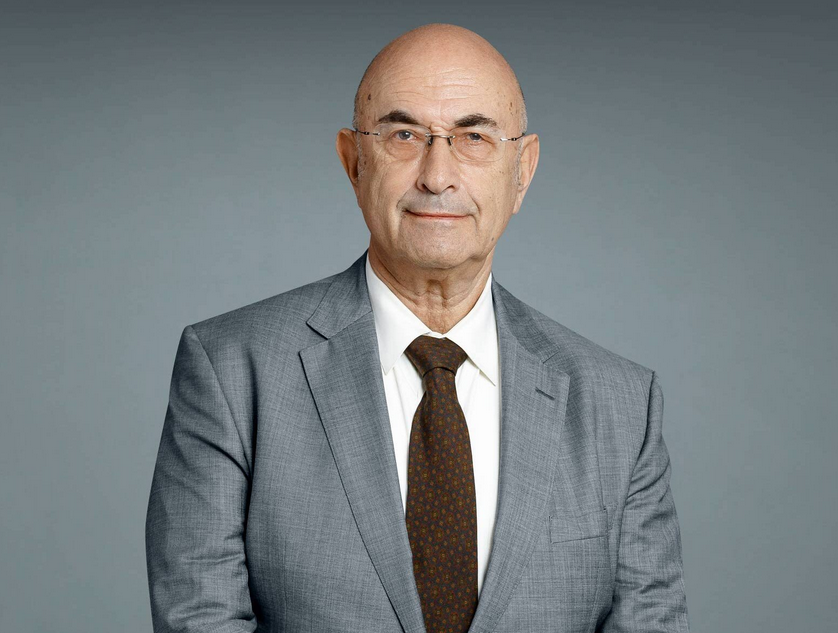ABOUT DR. GOLDBERG

I am a neuropsychologist and cognitive neuroscientist. As a clinician, I see patients with a wide range of neurological and neuropsychiatric problems. I am also an active researcher in the field of cognitive neuroscience. I teach postgraduate courses in neuropsychology and give lectures on various topics of cognitive neuroscience and neuropsychology worldwide. I have served on the faculties of several major medical schools.
As an undergraduate student I had the good fortune of meeting Alexander Luria, one of the most important psychologists of the 20th century and a founding father of neuropsychology. Alexander Luria became my mentor and this association has influenced my lifelong scientific interests.
My research interests include some basic questions about the normal brain mechanisms of cognition, as well as more applied questions related to specific brain disorders. The executive functions controlled by the brain’s frontal lobes are one of such interests. Executive functions include decision making, planning, mental flexibility, judgment and impulse control. My research has focused on the brain mechanisms of executive functions and on the various ways in which they may suffer in various neurological and psychiatric conditions, such as dementia, traumatic brain injury, stroke, schizophrenia, and Parkinson's Disease.
How the two hemispheres of the brain interact in learning and development is another major theme of my work. We have developed novel approaches to hemispheric specialization which advance our understanding of how the two hemispheres interact in development, how the brain deals with cognitive novelty, and how the functions of the left and right frontal lobes differ. Memory is another interest, particularly the mechanisms of maintaining and accessing long-term knowledge store and how these mechanisms become impaired in traumatic brain injury and in dementia. More broadly, I am interested in the general principles of functional cortical organization, in the mechanisms of cortico-subcortical interactions and how these interactions become impaired in brain disease.
Much of my research involves various clinical populations. I also conduct collaborative research studying the brain mechanisms of cognition in normal subjects using various neuroimaging methods. Our work has been described in a number of articles published in peer-reviewed scientific journals and book chapters; and presented at various scientific meetings. Some of it has been summarized in several books of mine, which have been published in close to twenty languages.
My interest in protecting, restoring and even enhancing cognitive functions goes back to the very beginning of my career. It was rekindled more recently through the convergence of several scientific and technological breakthroughs. First, increasingly compelling evidence was becoming available that neuroplasticity was a life-long phenomenon and not just the phenomenon of early childhood. Second, it became clear that neuroplasticity can be controlled by the individual’s cognitive activities. Third, the rapid development of software, internet and mobile devices was providing increasingly powerful tools for the design and delivery of cognitive enhancement tools. For the last two decades, cognitive enhancement has been increasingly central to my interests and my thinking, so I welcomed the opportunity to help launch Brainwell with great enthusiasm. And I welcome an opportunity to help introduce you to the exciting field of neuroscience and to answer your questions.






